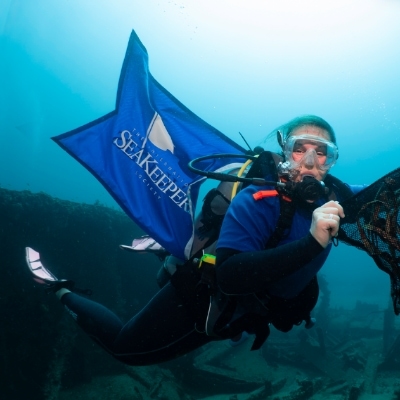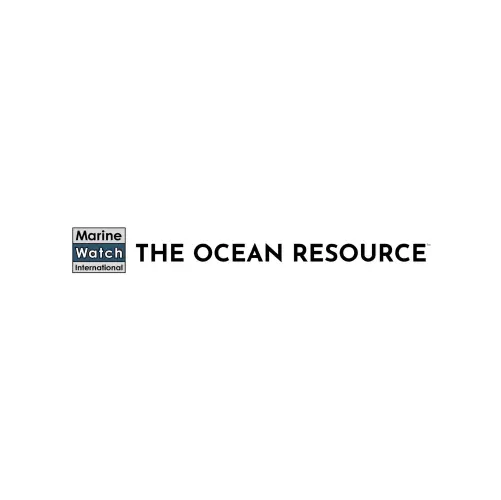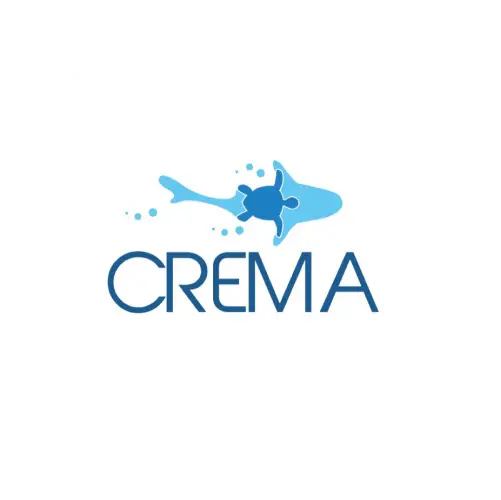Cocos Islands Shark Tagging & Seamount Exploration
Project Overview:
This exciting expedition to the renowned Cocos Islands, a premier scuba diving destination, aims to study the critical migratory pathways of hammerhead sharks along the Eastern Tropical Pacific seamounts. In partnership with Marine Watch International, researchers will deploy satellite transmitters to tag sharks, enhancing our understanding of shark movement and aggregation within these biodiversity hotspots.
Program Partners
- Marine Watch International
- Centro Rescate Especies Marinas Amenazadas (CREMA)
Location
- Eastern Tropical Pacific
Expected Time Frame
- January -August 2026
Duration of Expedition
- 10 Days
Accommodation Needed
- 4-5 researchers
Special Equipment Needed
- Tenders, Submersibles
Expedition parameters listed above are flexible and negotiable.
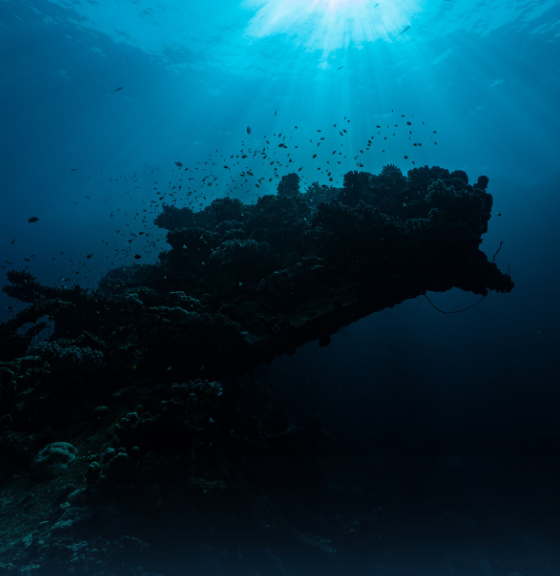
Background:
The hammerhead sharks of Cocos Island are part of a larger network connecting the Pacific’s significant marine reserves, including Darwin and Wolf Islands in the Galapagos. These areas serve as essential gathering points for large marine species, including hammerheads, whose movements reveal dynamic “back-and-forth” patterns among the region’s seamounts rather than a simple migration route. The research at Las Gemelas and West Cocos will deepen our understanding of these aggregation sites and how to protect them effectively.
Mission:
The main goal is to reach Las Gemelas Seamount, approximately 40 nautical miles from Cocos Island, to capture and tag hammerhead sharks with satellite transmitters. The data collected will offer insight into the behavior and migratory patterns of this critically endangered species, aiding conservation efforts. The team will also work to recover three lost receivers in Las Gemelas and deploy new listening stations in both Las Gemelas and West Cocos. These receivers, which are placed at 180-200 meters deep, require the use of submersibles for recovery and deployment. If resources allow, tagging efforts may extend to West Cocos Seamount, a key shark aggregation site.
Applications:
The outcomes of this research will directly support policy and legislative efforts in Costa Rica, where new management plans are underway for the 104,000 km² Seamounts Marine Management Area. This research hopes to ensure that crucial habitats for hammerhead sharks are protected through science-based conservation strategies.
Get Involved
If you’re interested in learning more about this specific program opportunity, please reach out to our team below to find out more about this program or get involved in other opportunities with SeaKeepers.
Explore More Opportunities
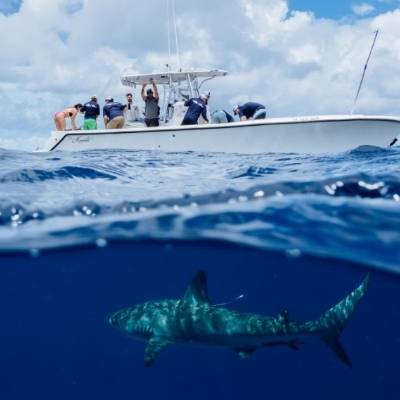
At-Sea Opportunities
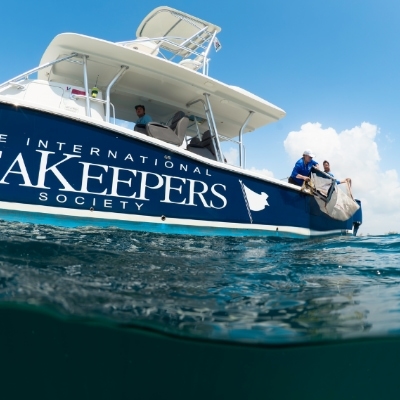
Citizen Science Opportunities
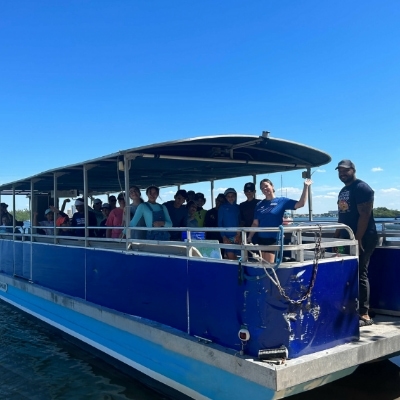
Education Opportunities
